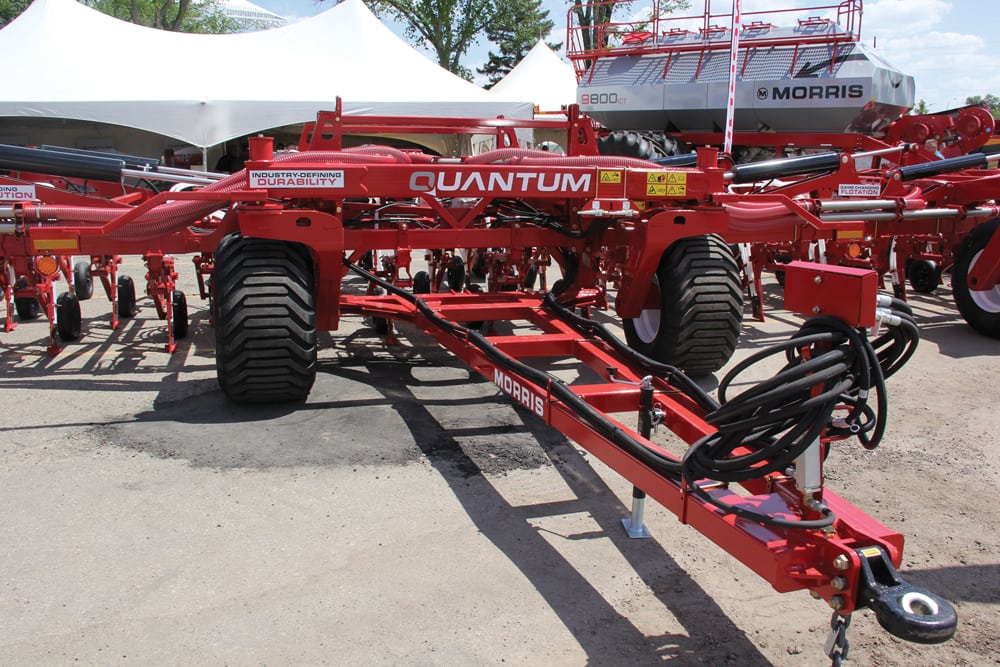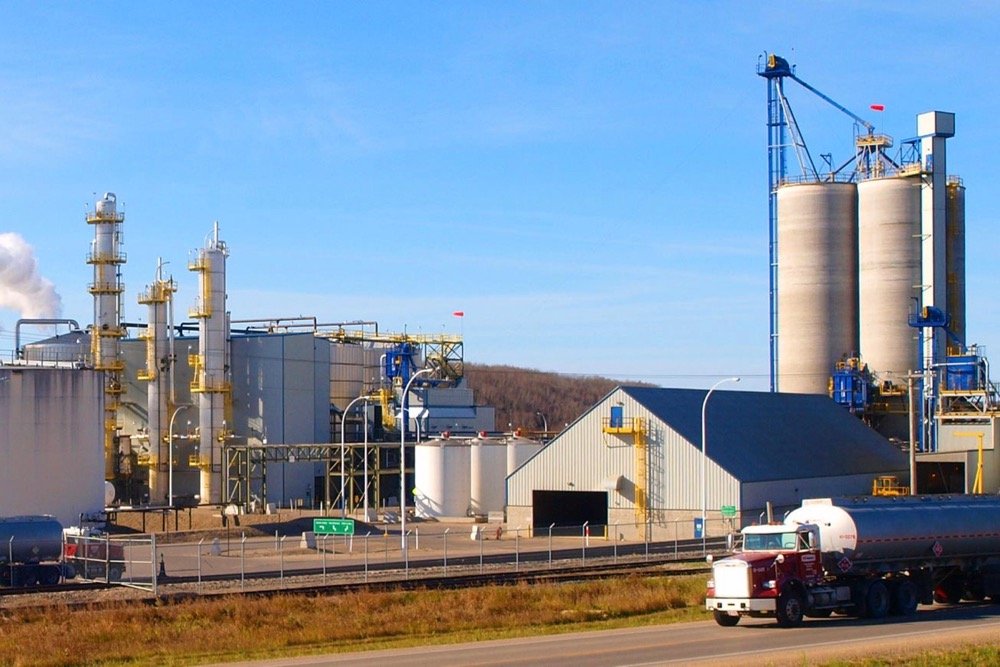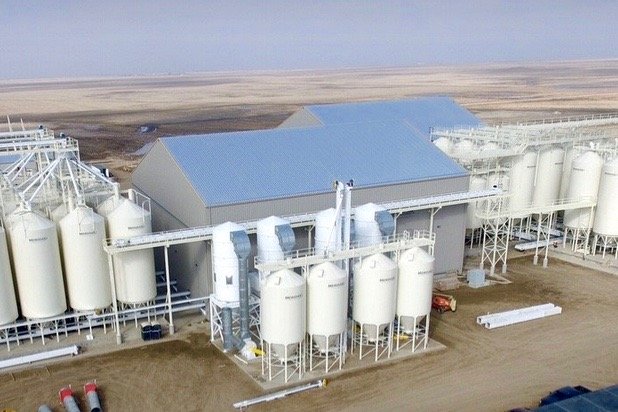Downsizing and staff cuts lie ahead for well known Prairie farm equipment maker Morris Industries as the company enters creditor protection due to a “liquidity crisis.”
The Court of Queen’s Bench in Saskatoon on Wednesday approved the Morris Group’s Jan. 3 application, which stays any proceedings or actions against the company until Jan. 18 at the earliest.
Saskatoon-based Morris, founded in 1929 as Morris Rod-Weeder, today has plants at Yorkton, Sask. and Minnedosa, Man., and makes equipment including seeders, drills, air carts, packer harrow bars and bale carriers.
Read Also

Senft to step down as CEO of Seeds Canada
Barry Senft, the founding CEO of the five-year-old Seeds Canada organization is stepping down as of January 2026.
The company was owned by the Morris family up until 2007 when it was sold to an ownership group led by then-CEO Casey Davis. Another ownership group, led by Ben Voss replacing Davis as CEO, took majority control of Morris in 2017.
Morris’ secured creditors include BMO, Avrio, Kubota Canada, Wells Fargo and the financing arm of fabricating equipment maker Trumpf, among others. Unsecured creditors include Western Economic Diversification Canada and various trade vendors.
Morris, which sells through dealer networks in Canada, the U.S., Australia and Eastern Europe, pointed in its Jan. 3 application to “significant losses” in recent years due to “the unfortunate combination of multiple factors.”
Listed first among those factors were rising overhead and production costs from expanding the business and introducing both its proprietary new ShieldCore welding technology and, in 2018, a new product line, the Quantum Air Drill.
On its launch, the Quantum was a success for Morris in Canada and abroad, particularly in Australia, which typically accounts for about 30 per cent of the company’s sales, according to Morris chief operating officer Kevin Adair in a Jan. 3 affidavit.
However, the Quantum’s drill openers developed problems, which in North America were dealt with through an upgrade program. But in Australia — where the units come under more wear and tear due to heat, dryness and soil conditions and a longer growing season — the problems called for changes to the design and “complete replacement” of the drill openers.
Given that drill openers make up about 40 per cent of the air drill’s unit cost, the resulting warranty issues called for “a significant capital investment far beyond any foreseeable estimates,” the company said.
On top of the Quantum issues, China’s ban on Canadian canola seed imports and “inclement weather conditions in successive crop years” cut into Morris’ sales in Western Canada, while the 2018 tariff fight between the U.S. and Canada led to added raw material costs, Adair said.
Furthermore, he said, up against lower revenues and greater debt, the company in 2019 lost access to a “factoring” facility previously provided by National Bank of Canada.
Losing that credit facility — which previously allowed Morris to improve its cash flow through early access to insured receivables in Australia — keeps the company from getting at about $10.8 million in receivables until late April this year.
With limited demand for new machinery, Adair said, Morris is also faced with “significant inventory” of completed equipment, work in progress and raw materials. It also has “floor planning” arrangements with its dealers, in which the company takes on a portion of the dealerships’ carrying costs.
Morris started short-term cost-cutting in September 2019, including “partial shutdowns” at Yorkton and Minnedosa as well as salary cuts and work-share programs, he added.
As of now, he said, the company’s restructuring strategy may also include, among other options:
- consolidating manufacturing into a single plant and selling off other facilities and equipment;
- auctioning off “older-generation” products and shuffling inventory between dealerships to cut its floor-planning costs;
- relocating to a smaller head office and/or cutting head office and support staff positions;
- winding down a company-owned equipment dealership at Virden, Man.; and/or
- working with its secured creditors and its court-appointed monitor, Alvarez and Marsal Canada, on a “sale and investor solicitation process.”
As of Jan. 3, Adair said, the Morris Group has 134 employees, and “further reductions” to its workforce will be necessary.
However, he said, given “time and interim financing,” the company believes it can “weather the present difficulties” and rehire laid-off staff when production resumes. — Glacier FarmMedia Network




















